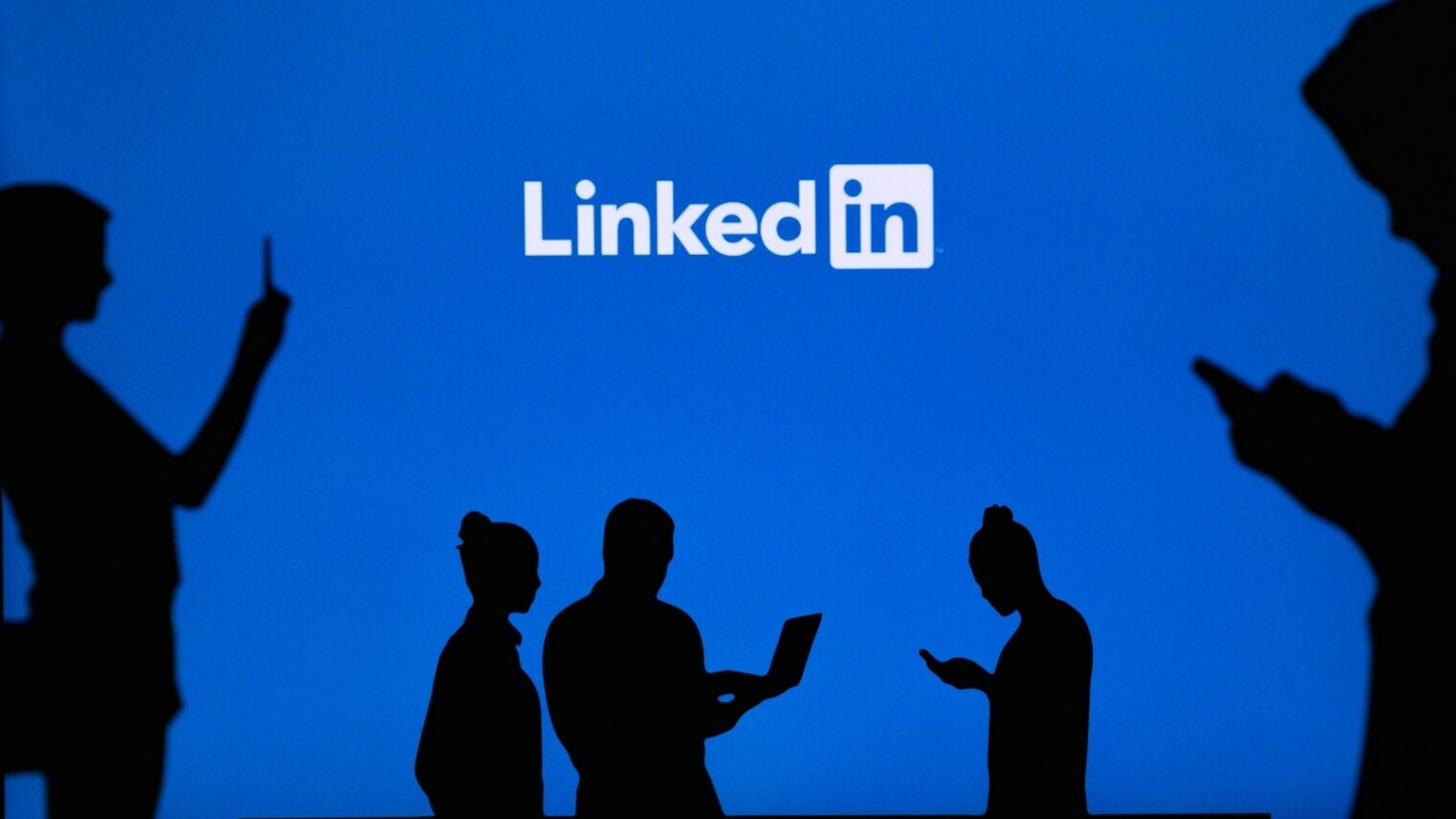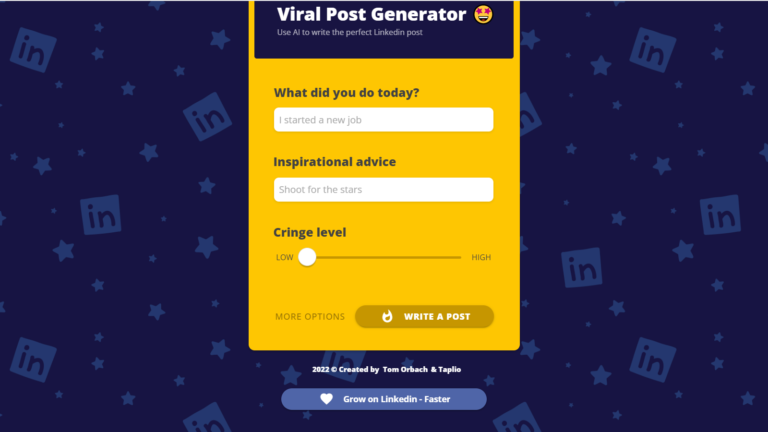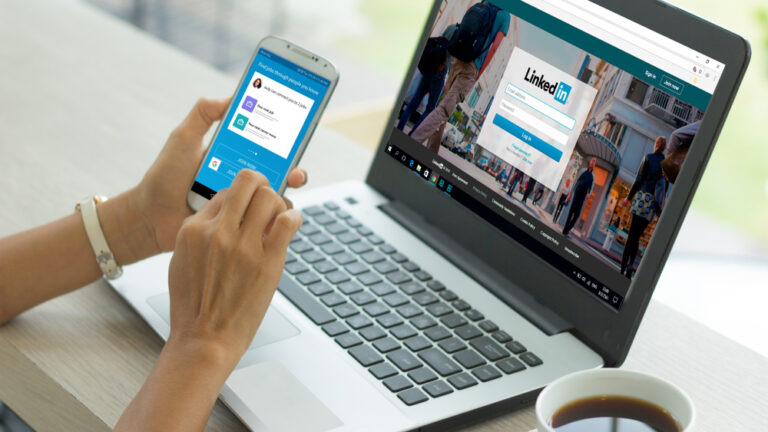The Israel Gaza war is impacting how people consume social media, even on generally apolitical platforms such as LinkedIn.
Traditionally, LinkedIn has been where professionals post their expertise and network online to generate business opportunities. Since its acquisition by Microsoft in 2016, however, LinkedIn has become an active content platform, too.
Since October 7, the amount of political content posted on LinkedIn is unprecedented, breaking a social norm on the platform. LinkedIn has emerged as one of the main channels on which many Israelis, particularly in the tech space, are sharing Israel’s message.
Because decisionmakers are active on LinkedIn, this could be the most effective way to influence the influencers and help educate professionals undecided on the conflict.
And it could fundamentally change the way people utilize the platform.
A big change
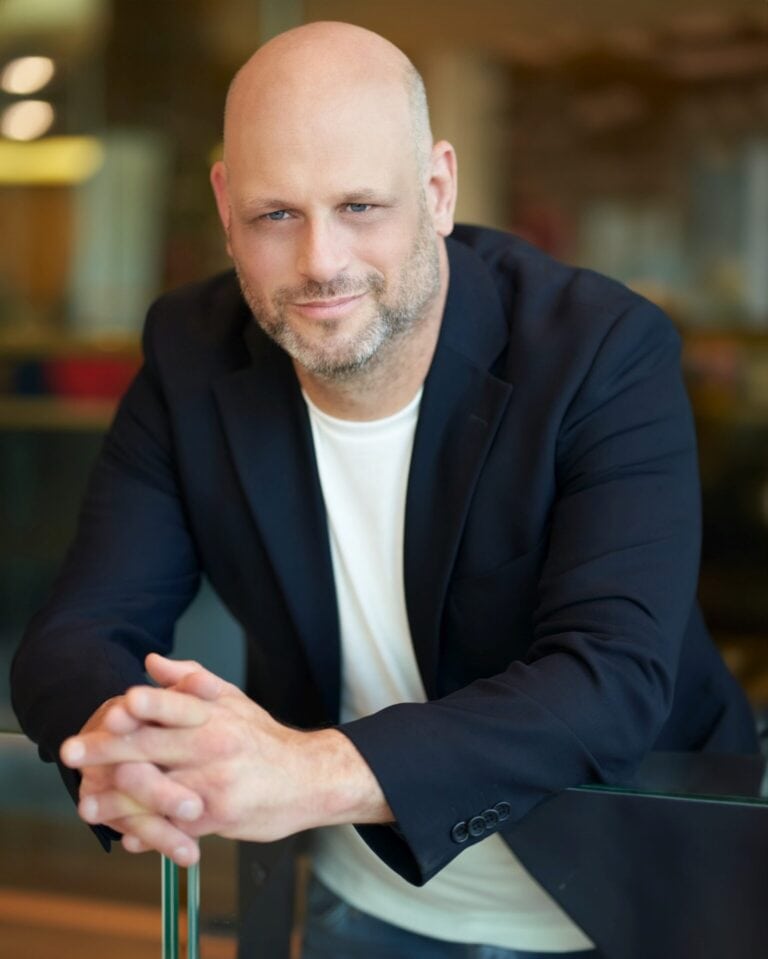
Gil Eyal, head of marketing and innovation at Silverstein Properties’ Inspire management company, is an angel investor and an expert on social media.
Since October 7, he says, “I think the biggest change is the way that people interact on LinkedIn. It used to be a very proper platform where you only shared information that had to do with work.
“If you shared information that wasn’t professional, people would kind of roll their eyes a little bit and wonder why you’re sharing it there. I think we found more people feeling comfortable or compelled to share their opinion about things beyond the workplace — in particular, what’s happening around the world and politics. And these discussions that were never a part of LinkedIn are now prevailing on my page. I don’t know if it’s the algorithm or it’s just that there’s so much content, that you just see it.”
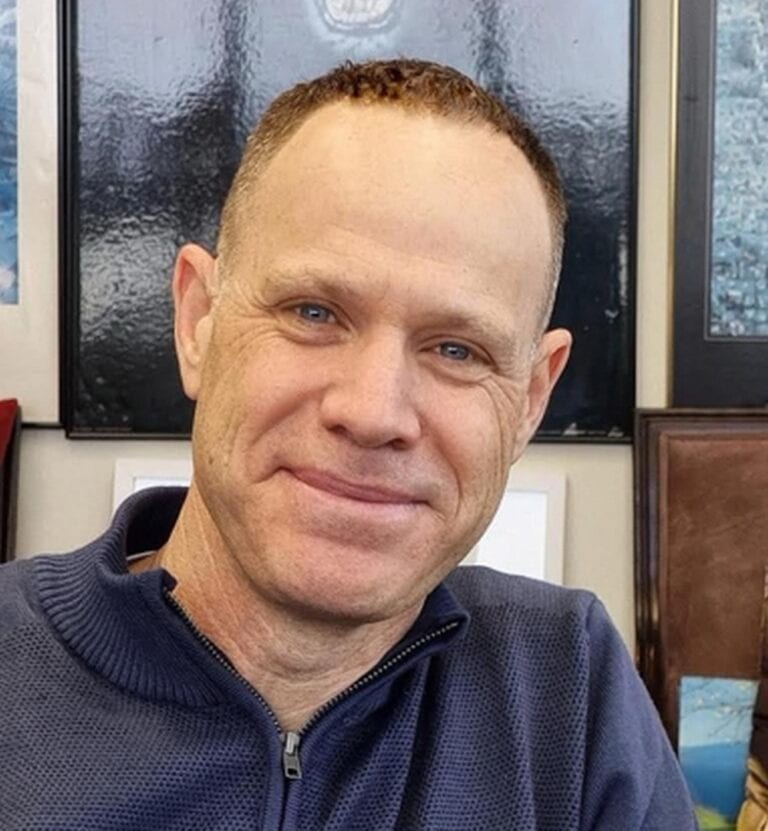
Tomer Zuker, cofounder of the Linkers Israel community, has noted a change as well. He is a LinkedIn “power user” who has been a member since 2007, has over 34,000 followers, has delivered workshops on LinkedIn for organizations and trained more than 10,000 people over the past 10 years.
“October 7th was the first time ever I wrote something that is not professional,” says Zuker.
“Think about how many things we went through during the last five years. We had all the political issues in Israel, all the inner rebels and riots, and we had Covid of course.
“So I had many opportunities to share my personal perspective on many aspects, but I tried to keep it professional. I use Twitter or Facebook, whatever other social-media networks to share my personal perspective, but I kept LinkedIn as clean as I could.”
Hate content on LinkedIn
The nonprofit CyberWell reports a more than 86% increase in content highly likely to be antisemitic across social media platforms. Between September 11 and October 6, CyberWell’s monitoring technology flagged 6,959 pieces of content as highly likely to be antisemitic. From October 7 to 31, the amount of flagged content significantly increased to 12,949.
Although the business world is not immune from what is going on in the Middle East, LinkedIn remains a safer place than other platforms. Still, LinkedIn faces a challenge in maintaining the neutrality of its professional network in the face of both pro-Israel and anti-Israel posts.
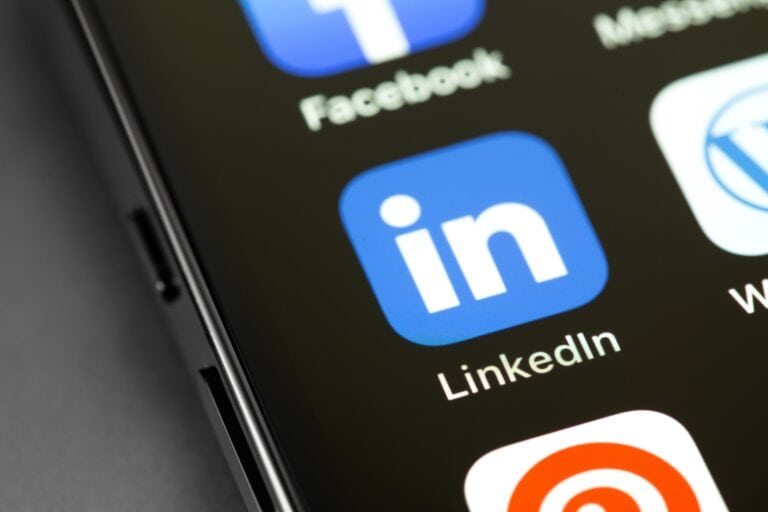
Users can report specific posts as well as comments they deem offensive. These complaints are reviewed internally by LinkedIn and an estimated 10 percent will be penalized by having the comment or post deleted or by having the account frozen.
Since October 7, the volume of deleted or banned profiles and accounts has increased significantly.
If someone posts pro-Israel content which is getting visibility, a lot of users who disagree with the content could report on the post, thus forcing LinkedIn to take action in reviewing the post.
Hashtags are another example. LinkedIn uses hashtags for search and to categorize posts. Today, popular hashtags from both sides appear to display a smaller number of followers than expected, possibly as a way of limiting the impact of some posts.
“The discerning approach users exhibit toward content aligns with the platform’s overall mindset. While other platforms struggle to control issues like misinformation, data misuse, hate speech, and fake news, LinkedIn is actively engaged in managing the online landscape,” says Regev Gur, the CEO of Narrative, a specialty marketing and business development consultancy.
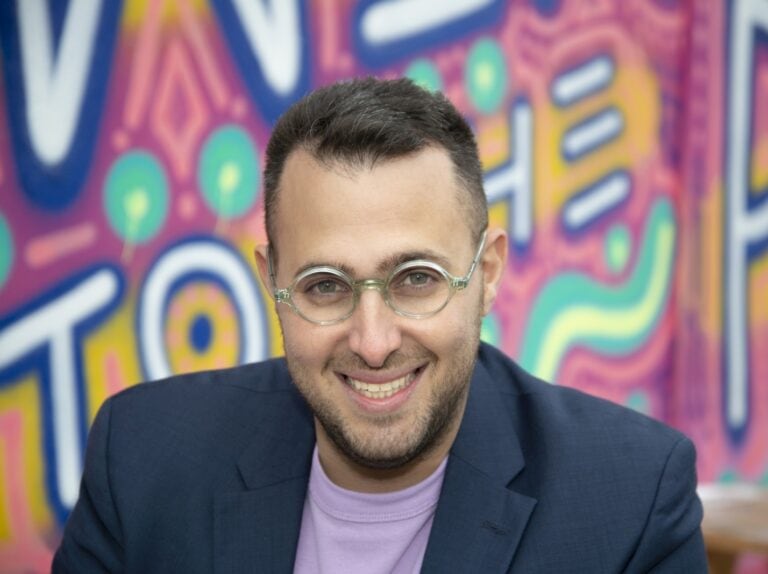
“Notably, during the different online initiatives launched in October, one of them aimed to expose LinkedIn profiles associated with anti-Israeli and pro-Palestinian content. The platform took decisive action to prevent rule violations, which, in the company’s words, included thwarting attempts to extract content through automated programs. LinkedIn’s efforts in this regard were framed within the broader context of ‘compliance with platform conditions,’ emphasizing a commitment to maintaining a neutral stance.”
Israeli activity on LinkedIn
While Facebook is still Israel’s most popular social-media site, many tech workers in Israel contribute to LinkedIn. Since the pandemic, even more Israelis have started using the platform to network, market and build thought leadership.
According to this online report, “Figures published in LinkedIn’s advertising resources indicate that LinkedIn had 2.30 million ‘members’ in Israel in early 2023. The company’s advertising reach figures suggest that LinkedIn’s audience in Israel was equivalent to 25.3 percent of the total population at the start of 2023.”
Could this high usage explain the amount of advocacy on the platform?
“I think Israel specifically is overrepresented with smart, successful individuals, whether it’s in tech or in other professional fields,” Eyal says. “And those people have built relationships on LinkedIn that are different than their relationships on other social networks, and definitely different than the relationships that you might have with an Instagram follower.”
Zuker thinks otherwise. “The presence of Israeli users on LinkedIn, when considered in the context of the platform’s global user base of over one billion, appears less significant numerically, with only 2.3 million Israeli users,” he points out.
“Without specific data on the proportion of LinkedIn users relative to the total population in each country, it is challenging to definitively assess disparities,” Zuker says.
“However, it can be hypothesized that due to Israel’s export-oriented economy, especially in technology, a substantial segment of Israeli professionals likely maintains extensive international connections. This network potentially affords them increased exposure to global markets, which could influence their engagement and visibility on LinkedIn.”
The future of LinkedIn
The past few months have changed how professionals use LinkedIn, bringing a boon for engagement, particularly for those who may have not been active before.
In the past, serious engagement was reserved for business titans. Today, with the right piece of political content, regular users can get a lot of attention and build an audience.
The sharing of political content has let the genie out of the bottle, and while there may be challenges regarding hate speech, in reality, everything is political today… even business. So this just may be a harbinger of things to come.
Whether the war has influenced LinkedIn’s algorithm and the content users see on their feed is not an easy question to answer because big tech’s algorithms are like a black box.
Readers may often see content getting engagement, whether it be likes, comments or reshares, and this in turn promotes more engagement on the platform.
After all, the goal of every social-media platform is getting users to engage with the content and stay on the platform. Having us glued to the feed triggers strong emotions such as anger, envy, and curiosity, driving user engagement.
Will the proliferation of political content since October 7 change LinkedIn’s algorithm?
Gur says no.
“LinkedIn is unlikely to undergo significant changes in its approach, including its algorithm. This aspect sets it apart from various other social networks and enables it to justify the relatively modest fee for its premium service, an integral part of its business model,” he says.
“Despite global events, such as the war in Ukraine, LinkedIn’s fundamental approach has remained steadfastly business-oriented. This translates into the algorithm’s emphasis on promoting content that aligns with professional interests.
“While encouraging the display of a human side, the algorithm predominantly favors factual information, discourages spam, and tailors content to individual users. Consequently, if a user hasn’t indicated a specific interest in events related to Israel since October 7th or lacks substantial connections with Israeli users, the likelihood of regularly encountering content related to the war is exceedingly low.”
Nevertheless, Eyal notes that LinkedIn has never been afraid to experiment with features that create engagement, such as enabling you to see who’s looked at your profile or enabling members to endorse other members.
“All these things create an incentive for people to come in and engage with the product, not for necessarily the original purpose,” he says.
“And so, they might embrace [the increase in politically oriented content]. It does create what was otherwise kind of a dull and boring platform and a little bland. It makes it exciting and interesting.”
Jonathan “Yoni” Frenkel is a LinkedIn ghostwriter, content marketing strategist, creator and founder of YKC Media.




